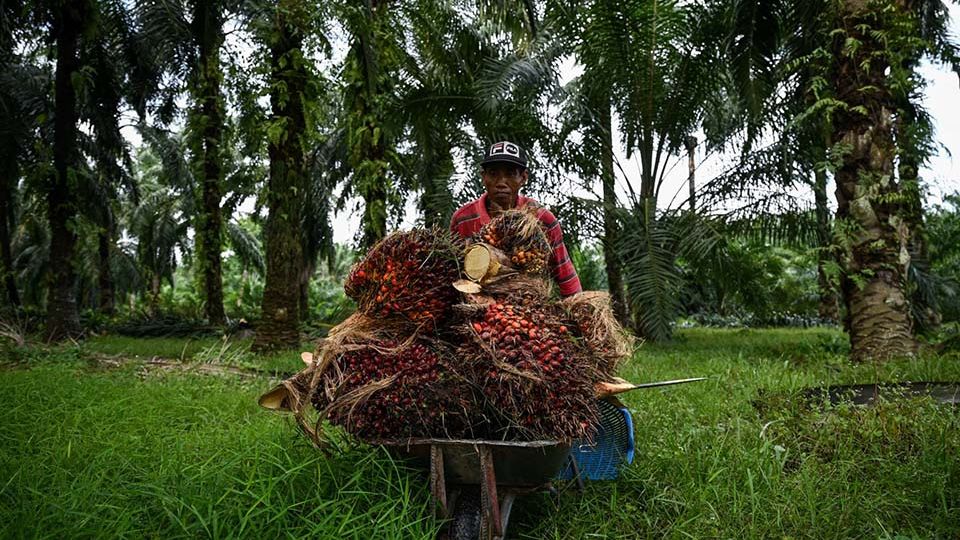June 16, 2025
KUALA LUMPUR – Malaysia’s potential move to join a global treaty on plant varieties may criminalise traditional practices like seed saving and sharing, driving up costs and increasing farmers dependence on large seed companies, it was revealed.
Federation of Vegetable Farmers Associations secretary Tan Chee Keong said many local farmers still use their own seeds as part of traditional farming practices.
He said if Malaysia signed the Protection of New Varieties of Plants convention (UPOV 1991), farmers who share or sell seeds could be deemed as committing a criminal offence.
“And there are real concerns about potential monopolies. Farmers may be forced to buy seeds only from large companies. But some crops, like bananas, are difficult to regulate. Farmers typically grow them from suckers or offshoots.
“If we join UPOV, even using your own suckers could be considered illegal. Only registered companies would be allowed to sell seedlings. If a farmer shares or sells them, those companies could take legal action,” he said when contacted.
(A sucker in the context of plants refers to a shoot or sprout that emerges from the roots or lower stem of a plant, often at or below the soil line).
Tan said even saving seeds for personal use could pose a legal risk with costs to go up, as seeds from companies tend to be more expensive.
He said unless farmers registered the varieties under their names, even buying or sharing it could become an offence.
“The registration process is complicated. You need to show how the variety was developed as it involves R&D which smallholders simply can’t afford,” he said.
UPOV 1991 is an international treaty that grants plant breeders exclusive rights on new plant varieties for a period of 20 to 25 years.
It aims to encourage innovation by giving breeders control over the reproduction, sale and use of their varieties.
However, critics argue that the treaty limits farmers’ ability to save and share seeds, increasing their dependence on commercial seed suppliers.
Countries that adopt the treaty must align their laws with its framework, though some flexibility is permitted.
Food security experts point to Vietnam as a cautionary example of what could happen if Malaysia joined the UPOV convention through its proposed free trade agreement with the European Union.
A case study, completed in 2021 by three international NGOs that work on farmers’ rights and the agriculture sector, details the impact of Vietnam’s 2006 plant variety protection law on the country’s rice planting sector which banned the exchange and trading of seeds between farmers.
Prior to the law, Vietnam’s rice farmers freely saved, exchanged and sold their seeds to each other, stated the report by the South-East Asia Regional Initiatives for Community Empowerment, Association for Plant Breeding for the Benefit of Society and Fastenopfer.
Dr P’ng Hann Cheat, an agriculture business adviser, said many countries were moving towards adopting UPOV-style regulations, adding that Malaysia faced international pressure to follow suit.
He said if Malaysia decided to join the UPOV convention, a grace period should be extended to help farmers adapt, noting that vegetables typically have a three-month growing cycle.
“Give them time to go through 12 planting seasons, and a fair chance to apply or conduct their own research. If the law is enforced suddenly, farmers won’t have time to respond or appeal,” he said.
He also called for government support in R&D, saying experienced farmers could register their own seed varieties if given the opportunity.
“If these two conditions are met, it would be a fair deal. Farmers would then have a real chance to compete with large seed companies,” he added.

